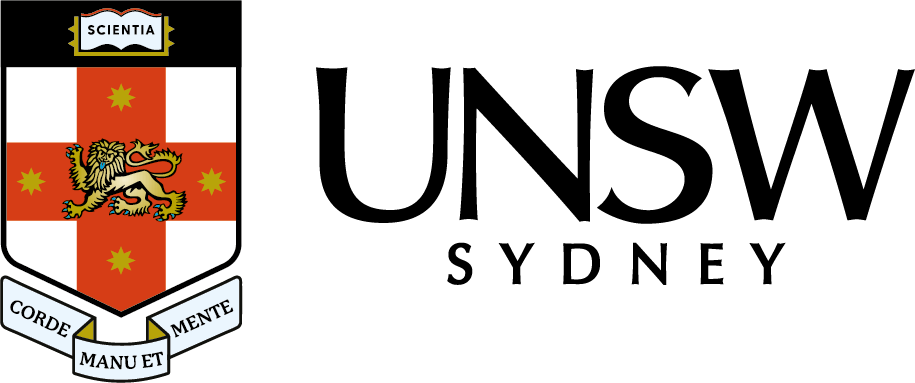Full description
Data type: ph Titration CurvesPeptides were purchased from Genosphere, Sigma Aldrich and Bachem companies. All the peptides were chemically synthesised. Aldrich and Bachem supplied the peptides as their Zwitterionic form, Genosphere synthesised the peptides as tri-fluoro acetic salt TFA salts. The peptides were of purity higher than 98% and were used without any further purification.All peptides solutions were prepared at 0.001M concentration in milliQ water, Hydrochloric acid HCl 0.002M in order to have relatively the same initial pH of 2.6 valueThe potentiometric titrations were recorded at 25°C in 10ml conical flask under Nitrogen atmosphere. NaCLO4 sodium perchlorate was used as ino background at 0.1M to maintain relatively a consistent ionic strength during titration. Standardised NaOH 0.1M was the titrant, and it was added as 5µM increment until pH reaches 11. Copper metal ion were initially added to the peptide solution at 0.001M in order to have a ligand metal ration of 1:1.Issued: 2013
Data time period: 2009-07-01 to 2010-12-31
Subjects
Analytical Chemistry |
Analytical Chemistry Not Elsewhere Classified |
Chemical Sciences |
Copper complexation with tripeptides and formation constants |
Copper complexes speciation |
Electrochemistry |
Inorganic Chemistry |
Inorganic Chemistry Not Elsewhere Classified |
Physical Chemistry (Incl. Structural) |
Potentiometric Alkali titration |
Sensor Technology (Chemical Aspects) |
Theoretical and Computational Chemistry |
Theoretical and Computational Chemistry Not Elsewhere Classified |
Tripeptide acid disccociation constants |
Tripeptides Glu, Gly, His |
User Contributed Tags
Login to tag this record with meaningful keywords to make it easier to discover
Identifiers
- DOI : 10.26190/UNSWORKS/1304

- Handle : 1959.4/004_340



